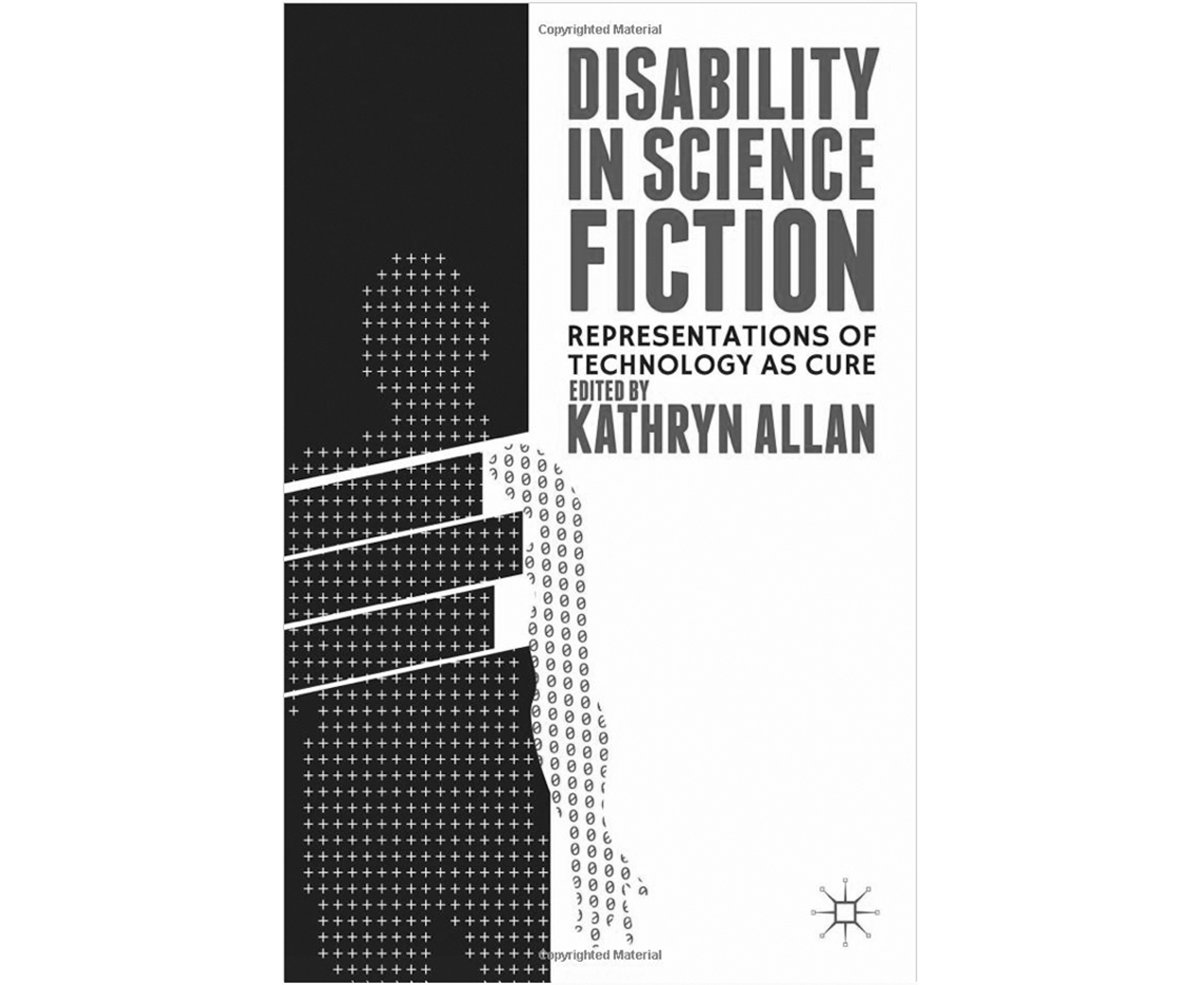
by Kathryn Allan, PhD, 2013 Le Guin Feminist Science Fiction Fellowship awardee
It is an honor to be the inaugural recipient of the Le Guin Feminist Science Fiction Fellowship. Announced during the Sally Miller Gearhart “Worlds Beyond World” Utopian Feminist Science Fiction symposium last November, the fellowship enabled me to spend ten full days researching the archived collections of Ursula K. Le Guin, Joanna Russ, Suzette Haden Elgin, and Sally Miller Gearhart. My goal was to read with disability studies in mind, with secondary interests in feminist politics and utopian SF. I was privy to the often intimate thoughts of these women, and also to those on the other side of the letters (James Tiptree, Jr., Virginia Kidd, Philip K. Dick, Samuel Delany, and Marge Piercy were particularly engaging correspondents). I feel that I’ve met many of the great luminaries of science fiction through their inspiring, well-crafted letters.
Since I couldn’t possibly read every page carefully, my research strategy was to quickly determine whether the content of the letter was worth closer consideration later on. This practice, of course, was easier said than done! I lingered over handwritten letters in all manner of legibility. I leafed through stacks of paper of every kind: yellow, pink, and blue colored, teeny to large sized, flimsy carbon copies, stationary with bright flowered borders and dragons (apparently quite popular in the 1970s). In the end, I returned home with scans of over 700 letters (around 1,300 pages in total)—this is a lot of information to process, and it will still take me quite some time to read and make sense of what I have collected.
The title of my proposed project, “The Other Lives—Locating Dis/Ability in Utopian Feminist Science Fiction,” was inspired, in part, by this line from Le Guin’s The Left Hand of Darkness (1969): “Will you tell us about the other worlds out among the stars—the other kinds of men, the other lives?” I think it speaks to the power of story-telling, both within books and within our daily lives. The letters of Le Guin, Russ, Gearhart, and Haden offer a special vantage point into their work. I didn’t know what to expect when I first sat down in the Knight Library’s Special Collections Reading Room. Throughout the four collections I searched, there is a great deal of lively conversation about feminism, the gay and lesbian rights movement, and leftist thought, and I was taken aback by the intimacy of several correspondences. These archived letters tell the story of what it was like to be a woman, and a feminist, writing in a genre dominated by men and sexist politics. After ten days of researching, my head was filled with the dynamic and inspiring lives of these writers.
Due to the depth and complexity of the material collected, the feminist SF archive holds a great deal of interest for scholars from a wide variety of disciplines. Linguists will find a treasure trove in Elgin’s archive: there are files full of her careful documentation of Láadan, the women’s language she created and included in her Native Tongue trilogy. Fan studies scholars will be particularly interested in exploring the many hundreds of fan letters (from adults and children alike) in Le Guin’s archive that span her entire writing career. Gearhart’s collection will appeal to anybody studying the gay and lesbian rights movement of the 1970s. Not only does her archive include personal correspondences detailing her motivation behind writing The Wanderground, there is a variety of material that documents how rights activists organized in a pre-Internet era. For anyone wanting to better understand the ferocity of the feminist SF classic, The Female Man, Russ’s archived letters are a biographer’s dream: full of sharp political commentary, critical literary analysis, intense self-reflection, and motivating lessons in how to be a Feminist.
Through my fellowship research, I have grown as both a scholar and a feminist. In the lives of these brilliant women—Le Guin, Russ, Gearhart, and Elgin—I found a kinship of passion and persistence. No matter what personal or professional challenges they faced (and there were many), none of them gave up advocating for the betterment of other people’s lives. We can see their dedication through the stories they tell of fantastic and alien worlds where other communities of belonging are possible. I would like to thank the Le Guin Feminist Science Fiction Fellowship and its sponsors (Center for the Study of Women in Society, Robert D. Clark Honors College, and UO Libraries Special Collections and University Archives) for providing me with this amazing research opportunity.
—An independent scholar of feminist science fiction, cyberpunk, and disability studies, Kathryn Allan runs Academic Editing Canada and is editor of the interdisciplinary collection Disability in Science Fiction: Representations of Technology as Cure (2013). She blogs and tweets as Bleeding Chrome.

